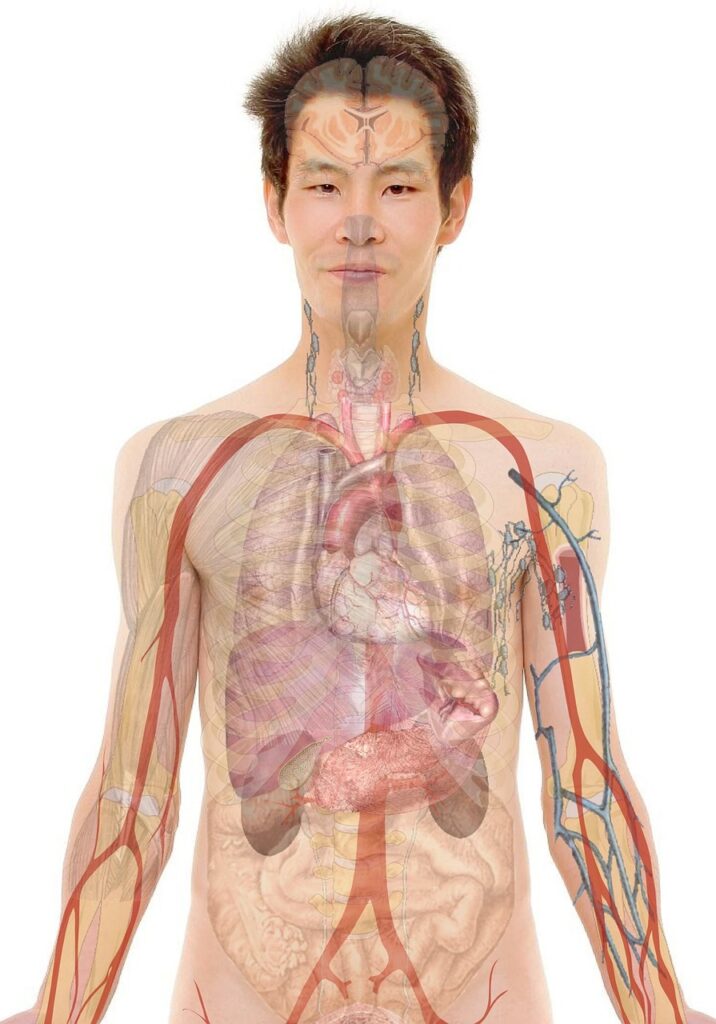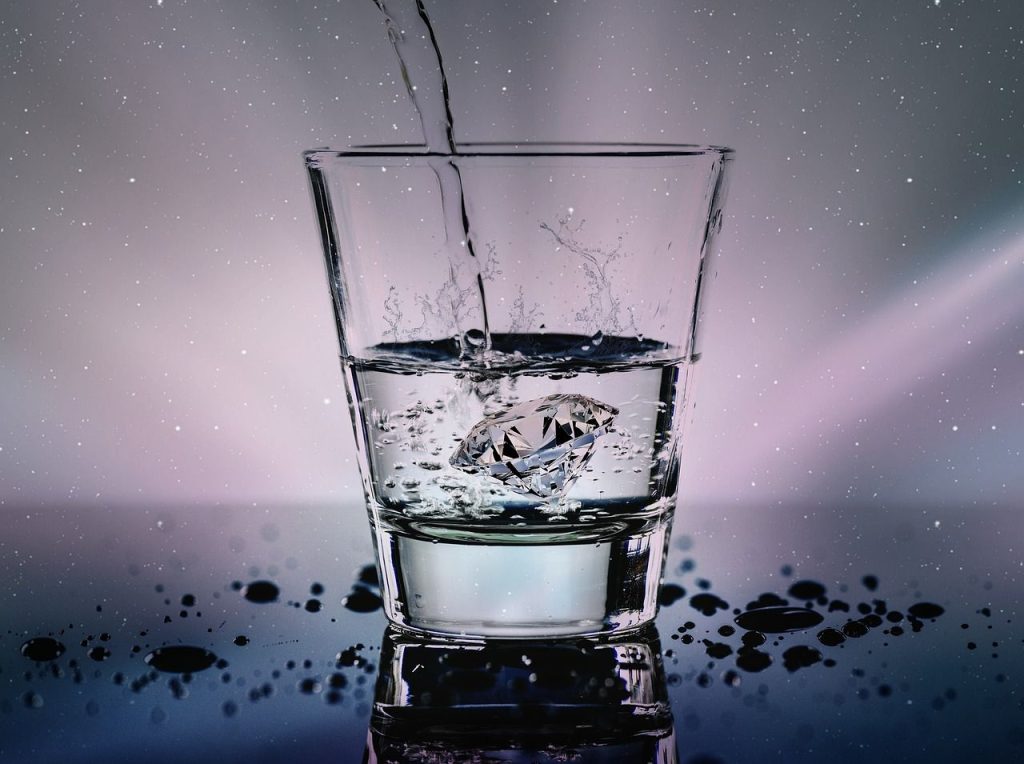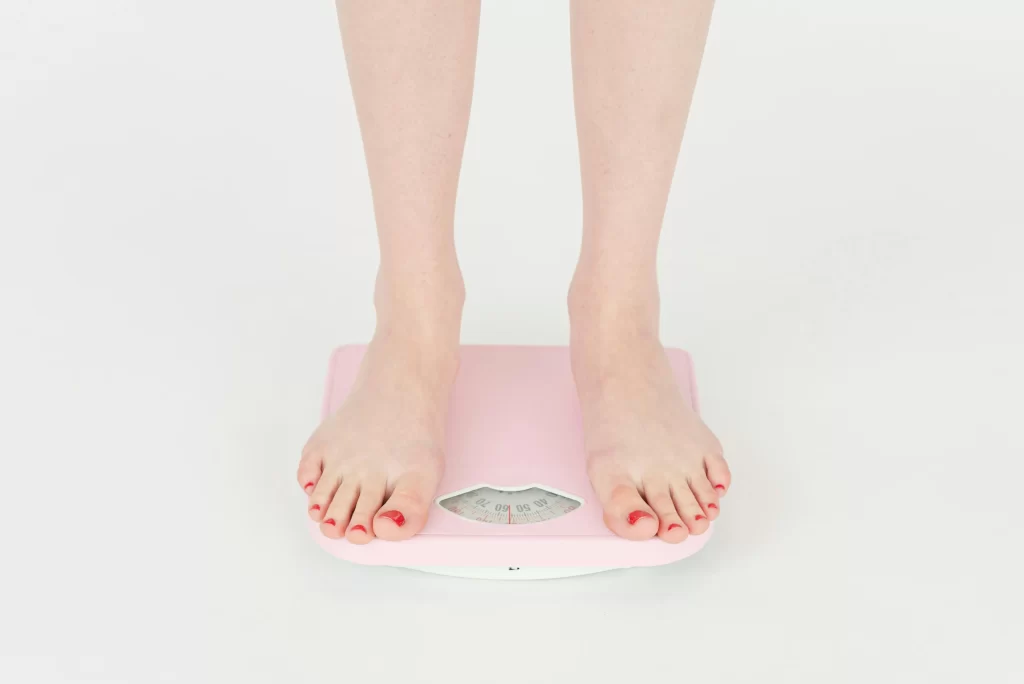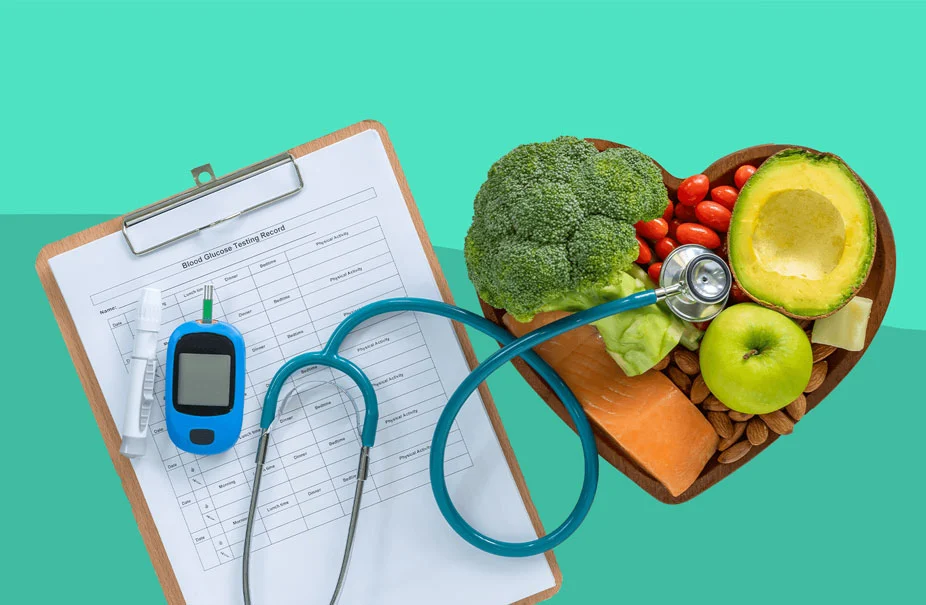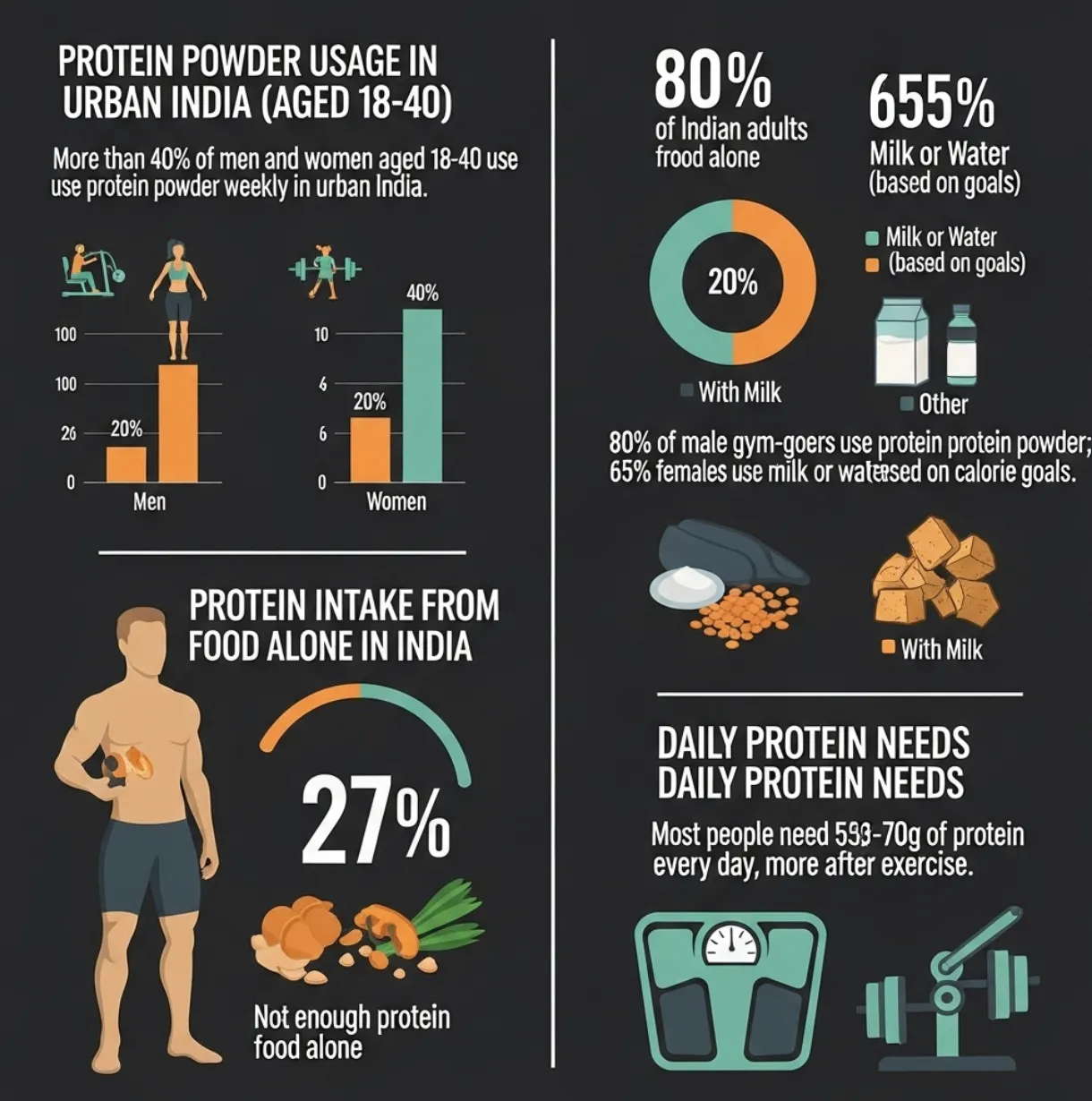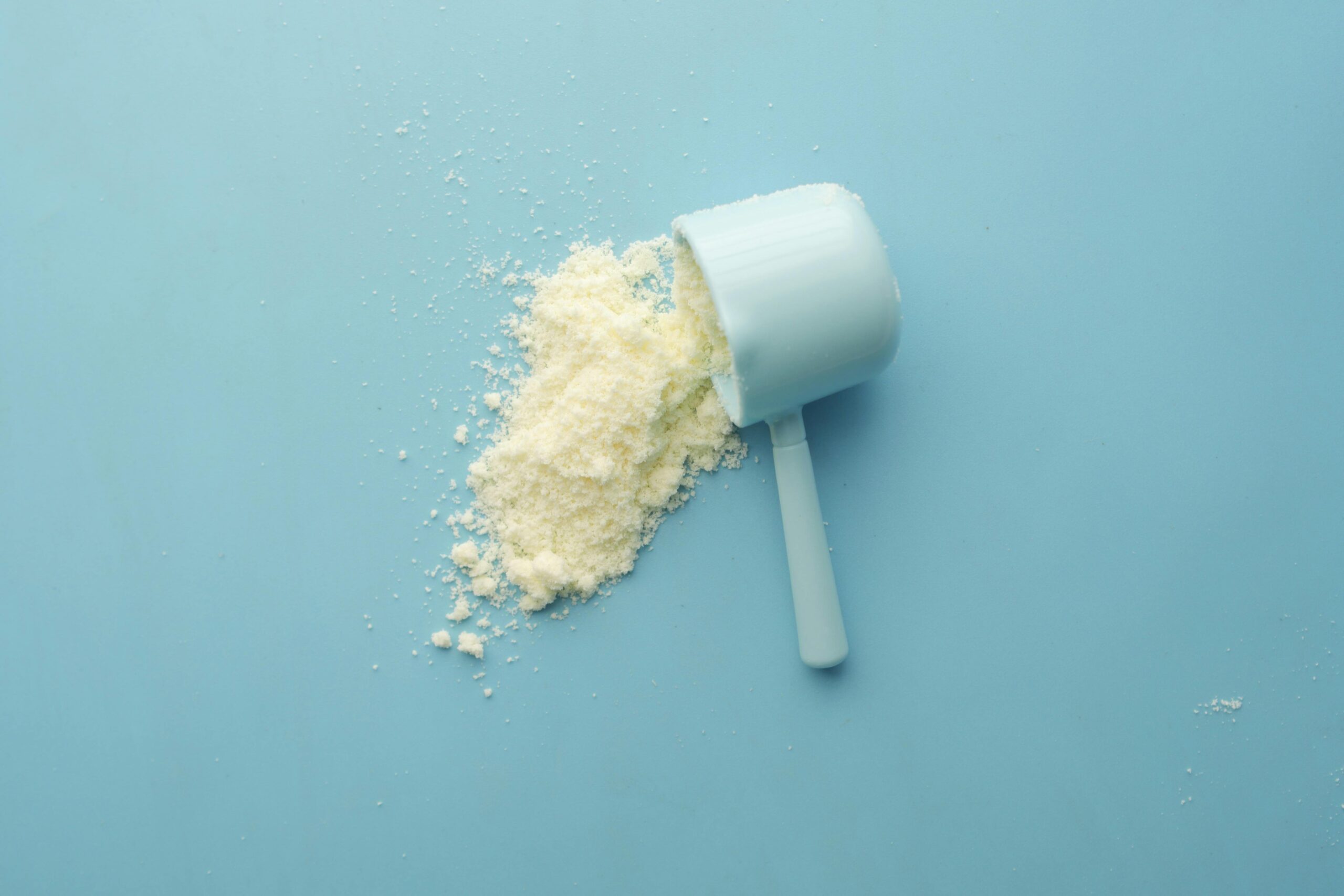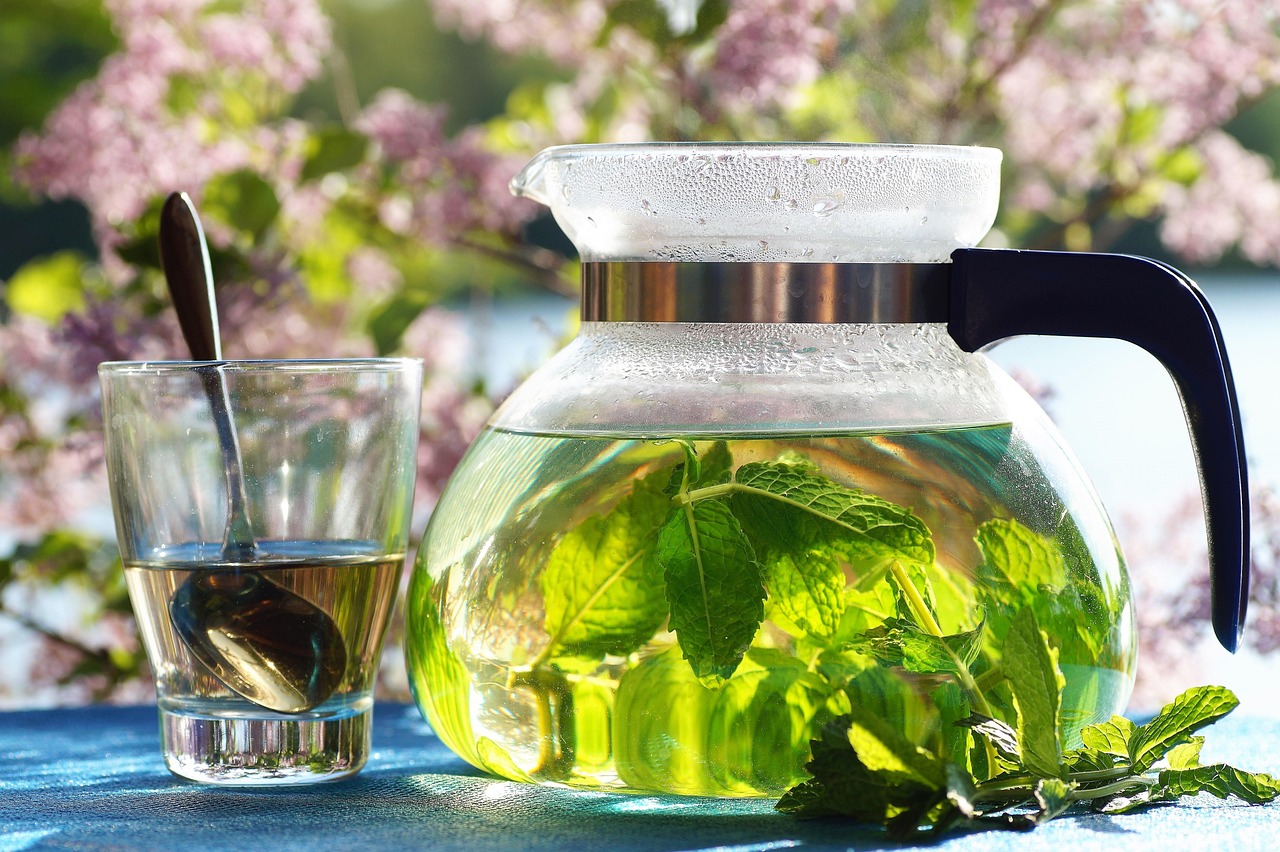Your kidneys are among the most critical organs in your body, tasked with vital functions that maintain overall health.
They help filter waste and toxins from the blood, regulate fluid balance, maintain electrolyte levels, and produce hormones essential for blood pressure regulation and red blood cell production.
As a seasoned nutritionist, I understand the importance of kidney health and want to share comprehensive, actionable steps to nurture these crucial organs.
Here’s a detailed guide to keeping your kidneys healthy naturally.
Understanding Kidney Health
Before explaining the strategies to improve kidney health, it’s important to understand what the kidneys do.
These bean-shaped organs, located just below the rib cage on either side of your spine, work tirelessly to filter blood, remove waste through urine, balance body fluids, regulate blood pressure, and facilitate the production of red blood cells.
They process about 200 quarts of blood daily, filtering out about 2 quarts of waste products and extra water.
Given these critical functions, maintaining kidney health is essential.
9 Best Natural Ways To Take Care Of Your Kidneys
Here are several natural methods backed by science that can help maintain and improve the health of your kidneys:
1. Hydration: The Keystone of Kidney Health
- Why It Matters: Drinking enough water helps your kidneys clean out salt, waste, and harmful substances from your body. This can lower your chances of getting long-term kidney problems.
- How Much to Drink: The common advice is to drink eight glasses of water per day. However, the exact amount can vary based on climate, physical activity, and individual health.
- Signs of Adequate Hydration: Aim for light yellow urine as a sign of proper hydration.
2. Diet: Optimize Your Nutrient Intake
- Increase Fresh Produce: Incorporate a variety of fruits and vegetables into your diet. These are high in antioxidants and nutrients that support kidney health.
- Limit Foods High in Oxalates: If prone to kidney stones, reduce oxalate-rich foods like spinach, beets, and rhubarb.
- Control Protein Intake: Excessive protein can be hard on the kidneys. If you have kidney disease, moderate your protein consumption to decrease kidney strain.
3. Reduce Sodium Intake
- Avoid Processed and Pre-packaged Foods. These often contain high sodium levels, which can stress the kidneys and lead to high blood pressure.
- Use Alternative Seasonings: Opt for herbs and spices instead of salt to enhance the flavor of your meals without adding sodium.
4. Monitor Your Blood Pressure
- Regular Checks: High blood pressure can damage the kidney vessels. Keeping your blood pressure within the recommended range is crucial for kidney health.
- Natural Remedies: Lifestyle adjustments like regular physical activity, a balanced diet, and stress reduction can naturally lower blood pressure.
5. Healthy Weight Maintenance
- Exercise Regularly: To maintain a healthy weight, aim for at least 150 minutes of moderate-intensity exercise, such as walking, cycling, or swimming, each week.
- Benefits: Besides aiding weight control, exercise improves blood flow, thus enhancing kidney function.
6. Limit Intake of Over-The-Counter Pills
- Be Cautious with NSAIDs: Non-steroidal anti-inflammatory drugs like ibuprofen can harm the kidneys if taken regularly over a long period. Use these medications minimally and consult with your healthcare provider.
7. Quit Smoking
- Impact of Smoking: Smoking can impair blood flow to the kidneys, exacerbating kidney disease.
- Quitting Benefits: Stopping smoking will improve your overall health and help protect your kidneys.
8. Alcohol Consumption in Moderation
- Limit Alcohol: Excessive drinking can cause changes in the function of the kidneys and make them less able to filter blood.
- Moderation is Key: Stick to the recommended limit of one drink per day for women and two for men.
9. Regular Check-ups
- Importance of Screening: Regular check-ups help catch any early signs of kidney dysfunction.
- What to Expect: Your doctor might check your blood for creatinine, urea, and glomerular filtration rate (GFR) to assess your kidney function.
Implementing These Steps
Implementing these steps requires consistent effort and sometimes significant lifestyle adjustments.
Here are some actionable tips to integrate these guidelines into your daily routine:
- Start Your Day with Water: Make it a habit to drink a glass of water each morning.
- Incorporate Vegetables and Fruits: Add a serving of vegetables or fruit to every meal.
- Plan Physical Activities: Schedule time in your calendar for exercise just like any other important appointment.
- Regular Health Checks: Set reminders for regular health screenings, including blood pressure and kidney function tests.
FAQs
How much water should I drink each day to keep my kidneys healthy?
Aim for about 8 glasses of water a day, but this can vary based on your activity level and overall health. Your urine color is a good indicator—aim for light yellow.
What foods are good for my kidneys?
Fresh fruits and vegetables are great for your kidneys. Try to avoid foods that are high in salt, sugar, and processed ingredients.
Can exercise really help my kidneys?
Yes, regular exercise helps maintain a healthy weight and good blood pressure, which can relieve your kidneys from extra stress.
Why is smoking bad for my kidneys?
Smoking can damage blood vessels, which reduces blood flow in the kidneys and impairs their ability to function properly.
How does alcohol affect my kidneys?
Drinking too much alcohol can harm your kidneys by making them less efficient at filtering your blood and can also lead to high blood pressure.
Should I see a doctor for my kidney health?
Yes, regular check-ups can help catch any early signs of kidney problems. It's especially important if you have high blood pressure, diabetes, or a family history of kidney disease.
End Note
Kidney health is not just about avoiding disease; it’s a vital part of a holistic approach to your overall health.
By adopting these natural and effective strategies, you will support your kidneys and enhance your quality of life.
Remember, individual needs can vary, especially if you have underlying health conditions.
Always consult with a healthcare provider before making any significant changes to your diet or health regimen.
This comprehensive approach ensures that you take proactive steps toward maintaining robust kidney health in a safe and informed manner.

